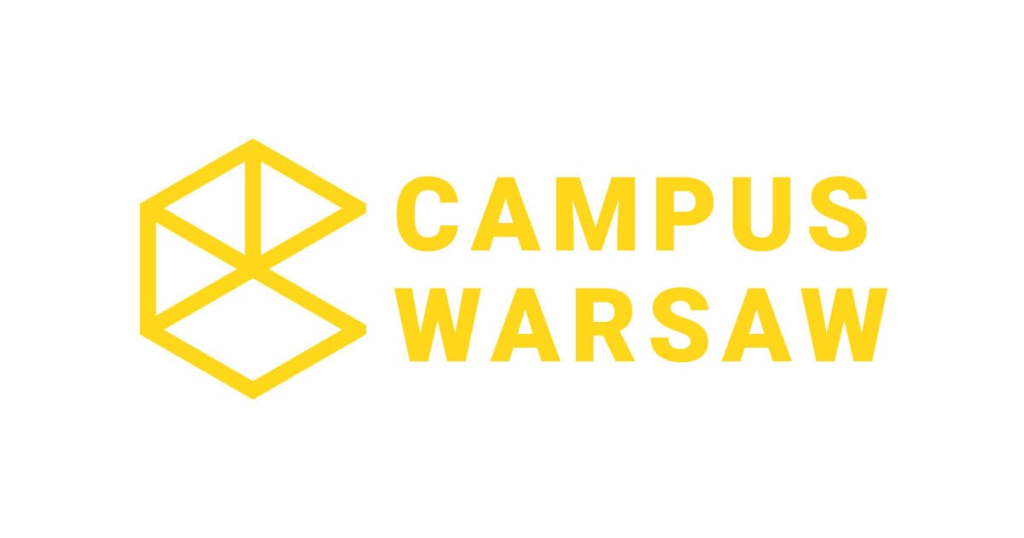
STYROFOAM POLLUTION IS A MAJOR ENVIRONMENTAL THREAT
since you landed here.
Annually, around 2.3 billion kilograms of Styrofoam end up in our landfills and waterways.
246
workers today.
90,000 workers are exposed to Styrene every year, causing variuos health issues.
since you landed here.
US citizens throw away 25 trillion cups made from Styrofoam every year.
Styrofoam (a colloquial term for expanded polystyrene foam) is economical, easy to manufacture, waterproof and lightweight. Corporations even place a number six in a triangle on the bottom of styrofoam cups and containers, intending to make us feel as if the products in our hands will actually be recycled at some point.
There are two main reasons why styrofoam is not a popular material inside recycle bins: density and contamination. Styrofoam is around 98% air so it is not cost-effective to store or ship. When you combine that with the fact that it takes a lot of space, there is a very negative scrap value. According to The California Department of Conservation, recycling styrofoam costs $3000 per single ton. And keep in mind that the US alone makes around 3 million tons of styrofoam annually.
Styrofoam is resistant to photolysis or the breaking down of materials by photons originating from a light source. Researchers claim that it may take anywhere between 500 and one million years for styrofoam to decompose naturally. So, when you’ve got a large amount of harmful material and no viable way of getting rid of it, what happens to all the styrofoam produced around the world? It gets dumped into landfills.
The amounts of styrofoam waste that accumulates are enormous. Given its porous nature, styrofoam absorbs many other pollutants in the seawater like DDT and oil. Contaminated particles of styrofoam are consequently consumed by microorganisms such as plankton or even smaller fish. Thus, styrofoam becomes a problematical part of the food chain.
We are faced with a material that is produced in colossal amounts and is a huge part of our daily lives, a material that is not recyclable and is responsible for a tremendous portion of worldwide waste, a material that kills our animals, poisons our environment and dangerously compromises our health.
THE NO MORE STYROFOAM PROJECT
VISION
No More Styrofoam is a project that aims to raise awareness about the high threat that expanded polystyrene foam poses to the environment and to result in a small purpose-driven startup that will offer an alternative to the use of expanded polystyrene foam in the food delivery industry (specifically – temperature-controlled logistics). It is our goal to keep the No More Styrofoam project growing as a virtual community of people dedicated to the fight against the use of expanded polystyrene foam.
MISSION
The team behind the No More Styrofoam strives to raise funds that will allow the startup to begin serial production a 100% recyclable packaging alternative to expanded polystyrene foam boxes. This way, the No More Styrofoam team strives to become a key figure in the global ecosystem of circular economy and contribute to a more sustainable future.
WHY THE BOX MADE OF WOOL?
Alternative box made of wool is intended to be used to transport all sorts of foods, intending to become a key element of the food delivery industry, becoming an alternative to large Styrofoam boxes used to transport fresh foods to restaurants, farmers markets and large retailers. In other words, it’s a natural alternative to expanded polystyrene foam in the food delivery industry. Relying on the well-known fact that naturally processed wool is a reliable insulation material, the No More Styrofoam team used leftovers of the wool industry to make the inside of their case. The wool provides exceptional protection and insulation for the foods stored inside. The exterior of box is made of cardboard, another recyclable, natural material that makes sure the food placed inside is secured.
It is superior to expanded polystyrene foam in all of their intended purposes and traits. It’s made from natural materials, so it neither compromises the environment in the production nor the disposal process. It brings no danger of chemical poisoning to humans or animals. Whilst expanded polystyrene foam is not recyclable in real world scenarios, the wool box is entirely recyclable.
A purpose-driven business that hopes to turn the production into a pilot project that demonstrates how the struggle against pollution is far from hopeless – this is our goal.
CONTACT
For environmental organizations, media and other queries, write to us at:
info@nomorestyrofoam.org



